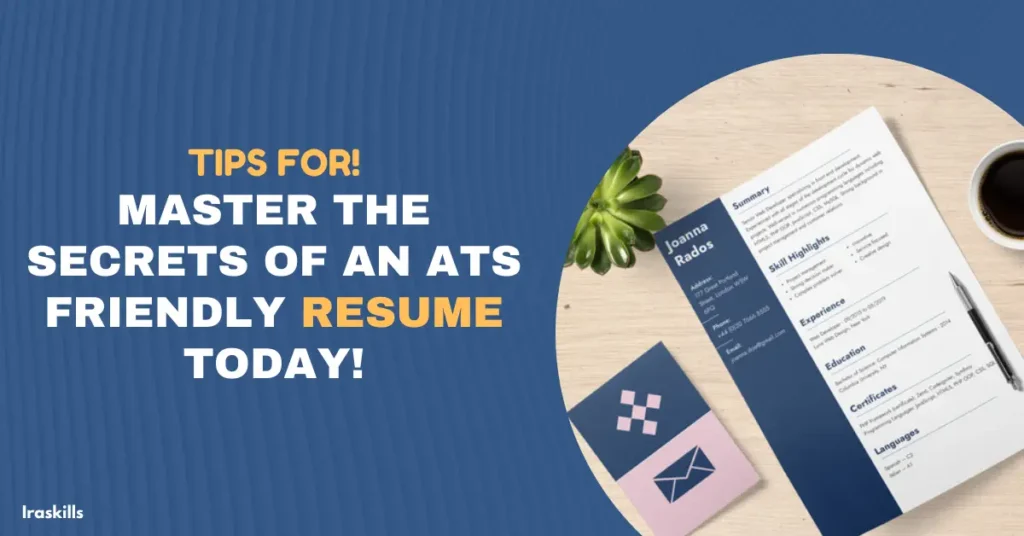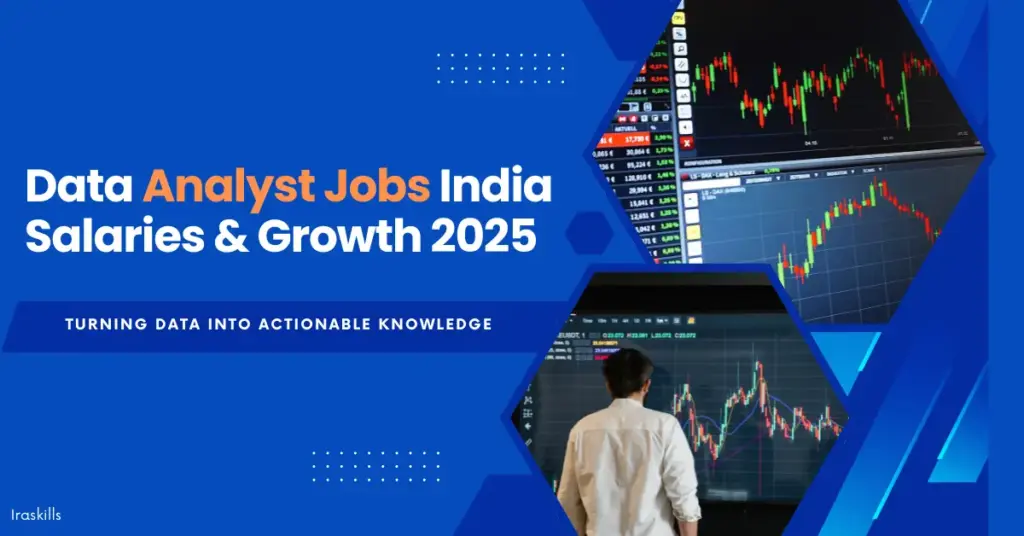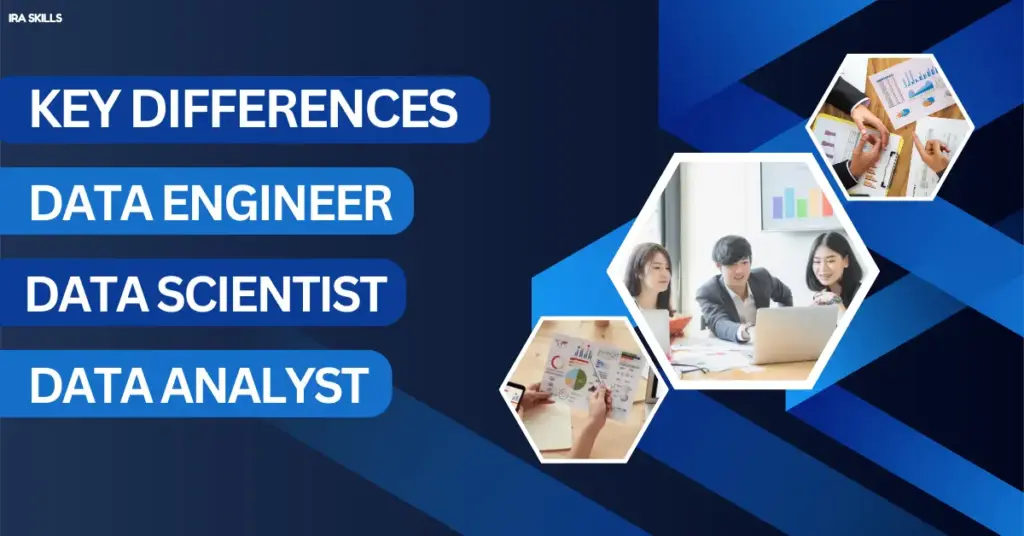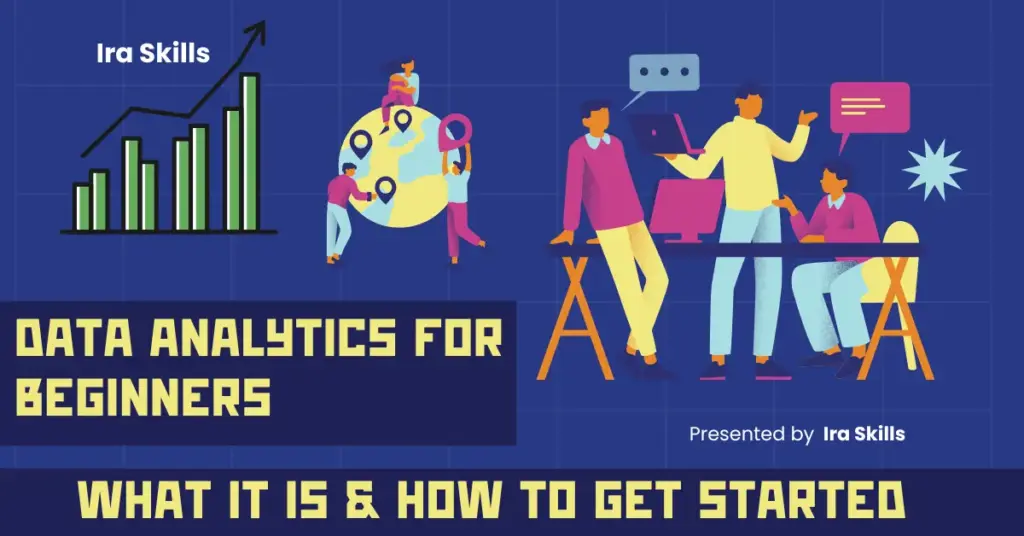Data Analytics is one of the best careers with a very high growth potential. Moreover, surveys and news across the world have loudly announced that its market size is going to increase exponentially in 2025.
However, since it is no longer a new field, lakhs of people are coming into it which makes it difficult to crack interviews and get a job.
So, how can you stand out in millions?
What does it take to be successful in a data analytics position?
Will having technical abilities be alone sufficient?
No!
To get success in this field, a candidate must be able to present themselves as a well-rounded professional which requires a combo of both soft-skills as well as technical talents. Additionally, there are a lot of mistakes that one makes, crossing out their names for their position!
Before getting into the specifics of the most frequent errors, let’s clarify what data analytics is!
Data Analytics: What Is It?
Data analytics is the field which makes decisions by using data.
It includes everything from collection, cleaning, processing, and interpretation of data to understanding patterns and getting insights for decision-making.
However, even experienced data analysts can make mistakes, so data analysis can be a complicated and challenging task.
In this blog, we will discuss the most frequent mistakes that data analysts make and will advise on how to avoid them.
Let’s get into it–
1. Not Researching the Company
Let’s suppose that your first question on your interview day is this– “How do you think our company uses data?” and your answer is a blank stare.
Scary, right?
Not knowing the company’s background can result in this type of situation!
So, how to make sure this doesn’t happen with you?
- Know the company you are applying to in detail. Visit the company’s website, LinkedIn, or any recent news.
- Know about the company’s industry—whether it’s healthcare, retail, or finance.
- Try to understand how they use data analytics. Do they focus on predictive models, customer insights, or AI-driven strategies?
Tip: Sit in the interview with questions about their data projects. It will show your genuine interest!
2. Using Too Much Tech Jargon
What do you think, talking with your interviewer with terms like “neural networks” and “clustering algorithms” will make you the perfect fit?
No, rather it will showcase you as someone more like a robot than a candidate.
Avoid this!
So, how to converse in an interview?
- Talk about your skills through examples.
- Don’t say, “I know Python,” ;instead, say, “I used Python to automate a process that saved my team hours every week.”
- Don’t use difficult technical terms unless you know the interviewer is with you.
Tip: Converse like you are telling a story. Explain your work like you’re talking to a friend—it should feel interesting to both the parties.
3. Ignoring the ‘Why’ Behind Your Decisions
It’s not enough to know “how” to do something; employers also want to know why you made a particular decision, so if you can’t explain your reasoning, it will seem like you’re just guessing.
So, what to do instead?
- Explain your thought process behind any project or task.
- Connect your choices of process or decisions to the business goals you were trying to achieve.
Tip: Practice explaining your methods to someone non-technical. If they understand, you’re good to go.
4. Forgetting the Importance of Soft Skills
Yes, data analytics is about numbers and tools. But don’t forget—you’re also working with people. Not focusing on your soft skills can make you seem less collaborative, even if you’re technically brilliant.
So, how to take care of your soft skills?
- Share examples of teamwork, like how you worked with marketing to build a customer segmentation model.
- Highlight your communication skills by discussing how you’ve simplified complex data for non-technical teams.
- Show your enthusiasm and a willingness to learn—it leaves a lasting impression.
Tip: Be yourself. Talk about challenges you’ve faced and what you learned from them. It shows growth and authenticity.
5. Skipping Problem-Solving Practice
Data analytics interviews often include case studies or problem-solving exercises. Going in unprepared can make you feel stressed.
What can you do instead?
- Brush up on core topics like probability, statistics, and algorithms.
- During the interview, explain and talk about how you are solving problems. It will help the interviewer to understand your logic and make a good impression.
- Don’t worry if you don’t give the perfect answer to a question—the interviewer is checking how you solve a problem and your approach behind it.
Tip: Ask questions if you’re confused. It will show that you’re detail-oriented and focused.
6. Not Referring to Real-world Examples
Whenever the interviewer asks you about your experience with your work, they don’t ask you to explain your projects in detail with all the technicalities; rather they want to know how you used your skills to solve real problems. So, share specific problems in easy language and explain how you solved the issue and ended up benefiting your organization.
How to talk through real world examples?
- Prepare a list of 2-3 strong examples where you solved issues and benefitted your company.
- Talk specifically about the tools you used to solve the problems, the particular challenges you faced, and the results you gained.
- Make a relation of your past work with the work you’d do in the new organisation highlighting the benefits you could give to the organisation.
Tip: If confused about how to answer questions regarding your approach, use the STAR method (Situation, Task, Action, Result) to prepare your answers.
7. Not focusing on the Basics
Interviewers won’t ask you about rocket science. So, focusing too much on advanced concepts but stumbling on basic topics like SQL queries or data cleaning is not acceptable! This is something you must not do.
What you can do instead?
- Prepare the basic topics like data manipulation, data types, and database querying and practice explaining those engagingly.
- Concepts like mean, median, or how to handle missing data are some commonly asked questions.
- You can practice coding exercises on platforms like LeetCode or HackerRank.
8. Focusing too much on Individual Work
Teamwork is an essential part of our work but if you focus too much only on your work and ignore teamwork, it will showcase a lack of collaboration skills. This can lead to a loss of the interviewer’s interest in you.
What can you do instead?
- Share how you collaborated with cross-functional teams which helped you all gain the desired result.
- Explain how you used feedback from non-technical co-workers to better your analysis.
- Talk about your abilities to convert your technical findings into actionable recommendations for your team.
Tip: You can use phrases like “We worked on…” or “As a team, we achieved…” to show your collaborative approach.
Conclusion
Avoiding these Common mistakes, and following the pro tips will help you qualify for the interview!
Remember, an interview is a two-way process so it is not just about your skills—it’s about showing that you’re ready to learn, work with others, and solve problems.
Be curious and confident, and show the interviewer why you’re the right fit for the role.
If you want to learn Data Analytics in detail then check our Data Analytics Course here: Link
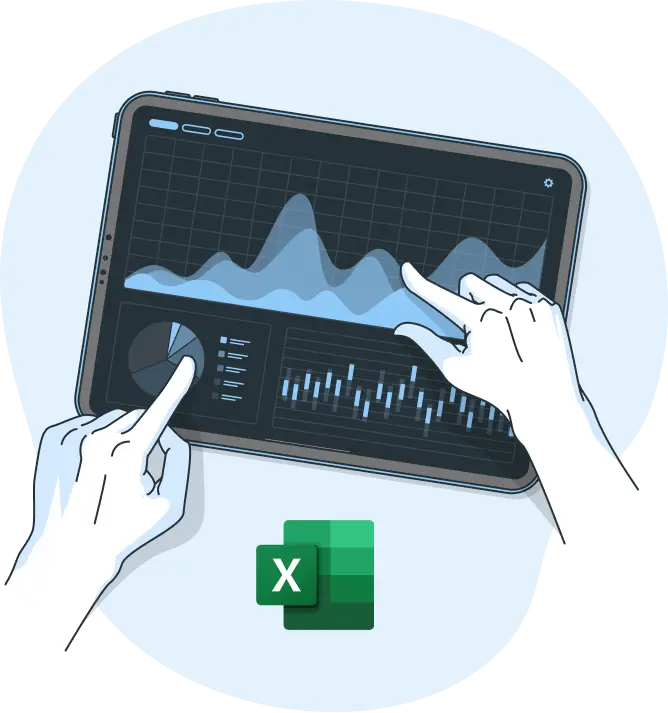
 Login
Login

